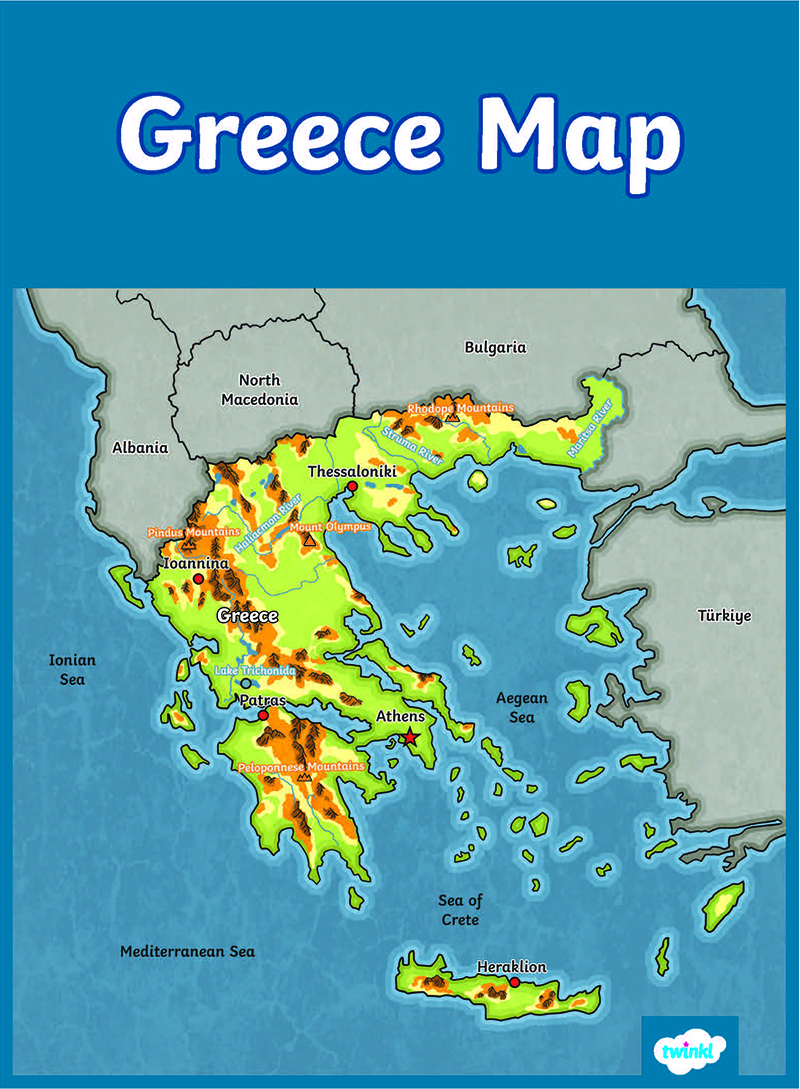Time: 03:51:22 CET
Topic: 2. Mountains
Tags: geography, Greece, Cambunian Mountains, Pindus range, Mount Olympus, Ossa, Pelion, giants, Parnassus, Helicon, Muses, Hymettus, Pentelicus, Peloponnesus, Arcadia, mountains

Greece: A Land of Majestic Mountains
The northern frontier of Greece finds protection from the harsh winds and unwelcome northern tribes by the towering Cambunian Mountains. Like a branching tree, the Pindus Range juts southward, carrying these impressive heights into Central Greece.
Mount Olympus: Abode of the Gods
Northern Thessaly boasts Mount Olympus, the most celebrated peak of the entire Greek peninsula. Reaching a staggering 9,700 feet, the ancients believed it to be the highest mountain on Earth. Its cloud-capped summit served as the mythical home of the Greek gods, making it a place both awe-inspiring and sacred.
Giants' Playground: Ossa and Pelion
South of Olympus, closer to the sea, stand Ossa and Pelion, immortalized in myths as the mountains the giants piled upon each other in their daring (and ultimately futile) attempt to reach the heavens and challenge the gods.
Central Greece: Where Muses Roam
Central Greece boasts Parnassus and Helicon, two beautiful mountains draped in lush vegetation, vineyards, and refreshing springs. Believed to be the haunts of the Muses, these peaks were considered sacred spaces where inspiration flowed freely.
Attica's Treasures: Hymettus and Pentelicus
Near Athens, two other mountains hold significance. Hymettus is renowned for its fragrant honey, a testament to its rich flora. Pentelicus, in contrast, is famed for its pristine white marble, a material that would become synonymous with Athenian architecture and sculpture.
The Rugged Heart of the Peloponnese
Finally, the Peloponnese is a land sculpted by mountains radiating outwards from Arcadia, its central region. Earning the nickname "the Switzerland of Greece," Arcadia's mountainous terrain offered a natural sanctuary and fostered a unique culture within its borders.